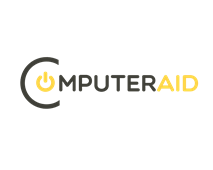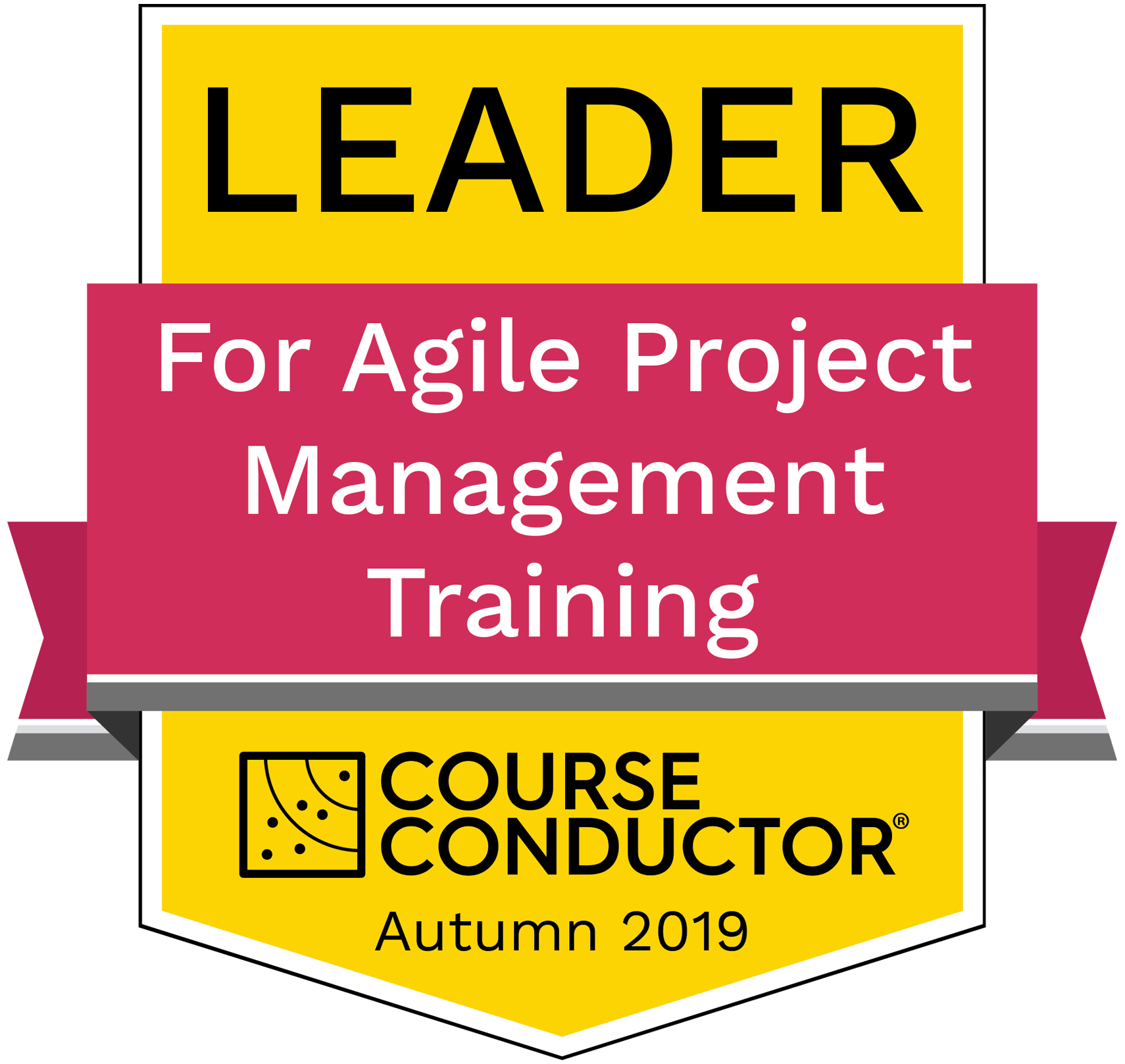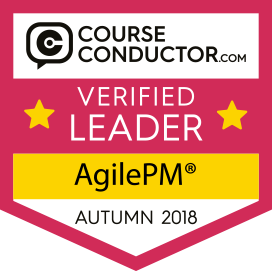
Introduction
There are as many ways to become agile certified as there are agile qualifications (i.e. there are a lot of ways). How you choose to become agile certified depends on your career goals and what you think employers will expect from you.
Take some time to do your research. If you have a specific employer in mind, send them a message and ask which agile framework they use. Agile methodologies are largely similar to one another because they are all based upon the Agile Manifesto and the 12 Agile principles.
But, some industries may still prefer one agile method over another. For example, if you want to work in the software development industry, you might be working in an agile Extreme Programming (XP) environment. That’s because XP was made specifically for programmers and software development.
If you’re unsure which agile methodology is best for you and your career, you should probably invest in a course such as the Agile Project Management course or study an Agile Project Management course online. These courses will give you a broad understanding of agile methods and most importantly, the frameworks they use can be tailored to suit different contexts.
For the most part, one agile course won’t certify you as an agile practitioner. There are some exceptions to this, but those courses are generally reserved for working professionals with at least a few months of agile experience under their belt.
Steps to take
So, if you’ve already decided on a course, here’s how you can become agile certified:
1. Check your eligibility
Once you’ve decided which agile study path you’d like to take, you need to check your eligibility for each level of qualification.
Beginner-level courses generally don’t have any prerequisites, meaning you don’t need any prior experience or knowledge of agile to apply. A beginner-level course won’t automatically qualify you to lead agile projects, so you’ll need to plan your next steps.
The intermediate courses taught by Knowledge Train (like an Agile PM Practitioner course) only require that you first complete the corresponding Foundation course.
2. Prepare in advance
While beginner courses don’t require you to have an understanding of agile, it helps to do a little self-study before the course begins.
Some might provide pre-course reading material so you can familiarize yourself with technical terms and concepts beforehand. If not, you can always find relevant resources online.
3. Join a course
Here is a list of all agile training courses offered by Knowledge Train.
4. Study for your exam
If you study with Knowledge Train, we’ll provide you with practice examinations and other helpful material to help you prepare for your final examination.
We try to make the examination process as stress-free as possible, that’s why we give students one free re-sit should you fail your exam the first time (*not available on all courses – please phone us to confirm).
5. Maintain your certification.
Some agile qualifications have a limited lifespan and will expire after a few years. To keep a PRINCE2 Agile Practitioner qualification for example, you must re-sit an exam every 3 years and pay the exam fee. Other qualifications require you to accumulate points through work, study, volunteering or teaching. In this case, it’s best to plan your strategy in advance so when your certification expires, you’ve already done what’s needed to renew it.
How long is an agile course?
The length of an agile course depends on the course format.
Classroom or in-house courses generally take 1 week.
Online courses are self-taught, some might take 2 or 3 days to complete an online course while others may choose to learn the material over several months.
Virtual courses function like classroom courses but they’re a bit more flexible. It’s up to instructors and students to create a schedule that works for everyone involved.
How long does it take to become agile certified?
Generally speaking, a single agile course won’t automatically qualify you as a certified agile practitioner. Most qualifications will require you to complete several courses and their exams.








